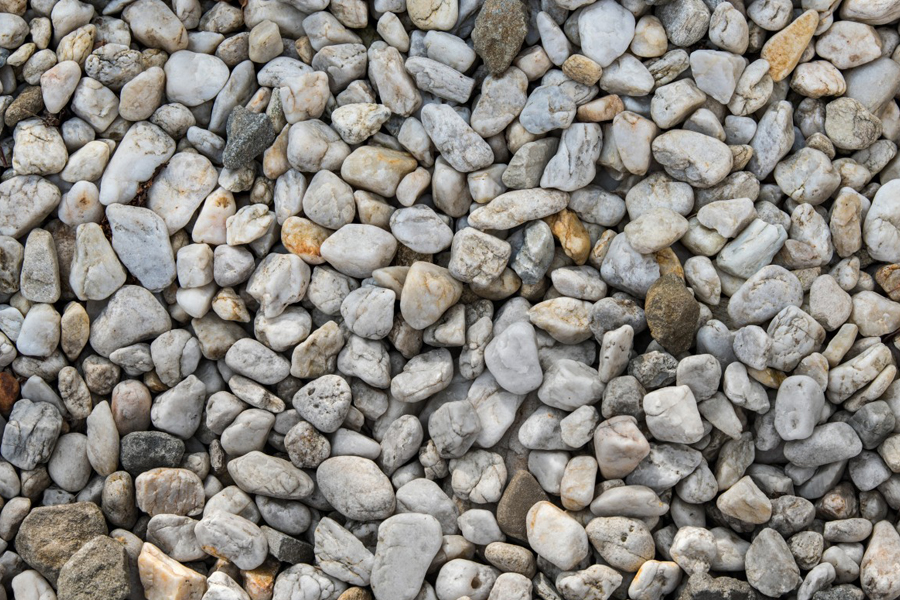The Ultimate Guide to Buying Marble, Travertine and Alabaster from Angola
The Ultimate Guide to Buying Marble, Travertine and Alabaster from Angola
The natural beauty of marble, travertine and alabaster make these stones perfect for flooring, wall tile and countertops. They’re also perfect for anyone looking to add value to their home by increasing its resale value. These luxurious stones are found in high-end homes around the world because of their timeless appeal. But with so many different varieties on the market, it’s easy to feel a little overwhelmed when trying to determine which one is right for your space. If you’re thinking about bringing one of these beautiful stones into your home, this article has everything you need to know before making that final decision. We’ll walk you through the pros and cons of each stone as well as their typical price range depending on where you purchase them from.
What is Marble?
Marble is a type of metamorphic rock that’s formed when limestone is subjected to high heat and pressure. This process causes the rock to change its chemical composition and structure, giving it a different appearance and texture. If you’ve ever seen a statue made out of marble, you’re likely familiar with how this material looks in its natural state. It has a very distinct look that’s usually white, grey or black. The hue of the marble will vary depending on where it was mined. Marble is also one of the most common stones used in flooring and wall tile because it is so durable. It can withstand heavy traffic and will last for decades if properly cared for. But marble isn’t just for floors and walls. It’s also commonly found in countertops. That’s because marble is a very dense material that’s perfect for kitchen surfaces where it’s expected to get plenty of wear and tear.
What is Travertine?
Travertine is another metamorphic rock that is similar to marble in appearance and texture. It’s often referred to as “tiki” or “coral” limestone and is often mistaken for marble. Travertine is very similar in appearance to the limestone that’s used to make the famous Taj Mahal. Travertine is mined all over the world, but its most popular regions include Italy, China and Mexico. Like marble, it’s very durable and is often used as a flooring and wall tile. However, it’s also a common material used in countertops. Travertine is a softer, more porous stone than marble, making it better suited for kitchen countertops where it’s expected to get a lot of wear and tear.
What is Alabaster?
Alabaster is a soft, porous, sedimentary rock that’s often tinted white, blue or green. It’s a common misconception that alabaster is a type of marble, but it’s actually very different in composition. Like marble and travertine, alabaster is very durable and can be used as flooring, wall tile and countertops. Alabaster is usually bought in slabs and then cut down to size. Alabaster is a very soft material, so it’s not recommended for use in high-traffic areas like kitchens. However, it’s a great option for bathrooms and entryways where you don’t want to worry about scuff marks.
Where to Buy Marble, Travertine and Alabaster?
When it comes to purchasing marble, travertine and alabaster, one of the first things you’ll have to decide is from what country you want to buy the material. Because these stones are extracted from all over the world, it’s important to find a supplier who can provide authentic, high-quality material. That way, you can be sure you’re getting the real deal and not some knockoff version that doesn’t meet your expectations.
Pros of Marble, Travertine and Alabaster
– Versatility – These stones are available in a wide range of colours and textures, making them suitable for almost any space. – Durability – Marble, travertine and alabaster are incredibly durable and will last for decades if properly maintained. – Design – Because of their versatility, marble, travertine and alabaster can be used in both traditional and modern spaces. – Value – Marble, travertine and alabaster are very high-end materials that add value to any home.
Cons of Marble, Travertine and Alabaster
– Scratches – Because these stones are so soft, they’re easily damaged by sharp objects and can scratch relatively easily. – Cost – Although marble, travertine and alabaster do add value to your home, they can be quite expensive.
Conclusion
Marble, travertine and alabaster are perfect for bringing a touch of elegance and luxury to any space. They’re durable, long-lasting stones that are sure to make an impact in your home. While these stones are beautiful, they do come with plenty of maintenance requirements. Proper cleaning, sealing and upkeep can help extend the life of your marble, travertine and alabaster surfaces and make them look great for years. If you’re looking to add some luxury to your home, marble, travertine and alabaster are perfect choices. These stones are available in a wide range of colours and textures, making them suitable for almost any space. They’re also very durable and are sure to last for decades if properly maintained.








LEAVE A COMMENT
You must be logged in to post a comment.